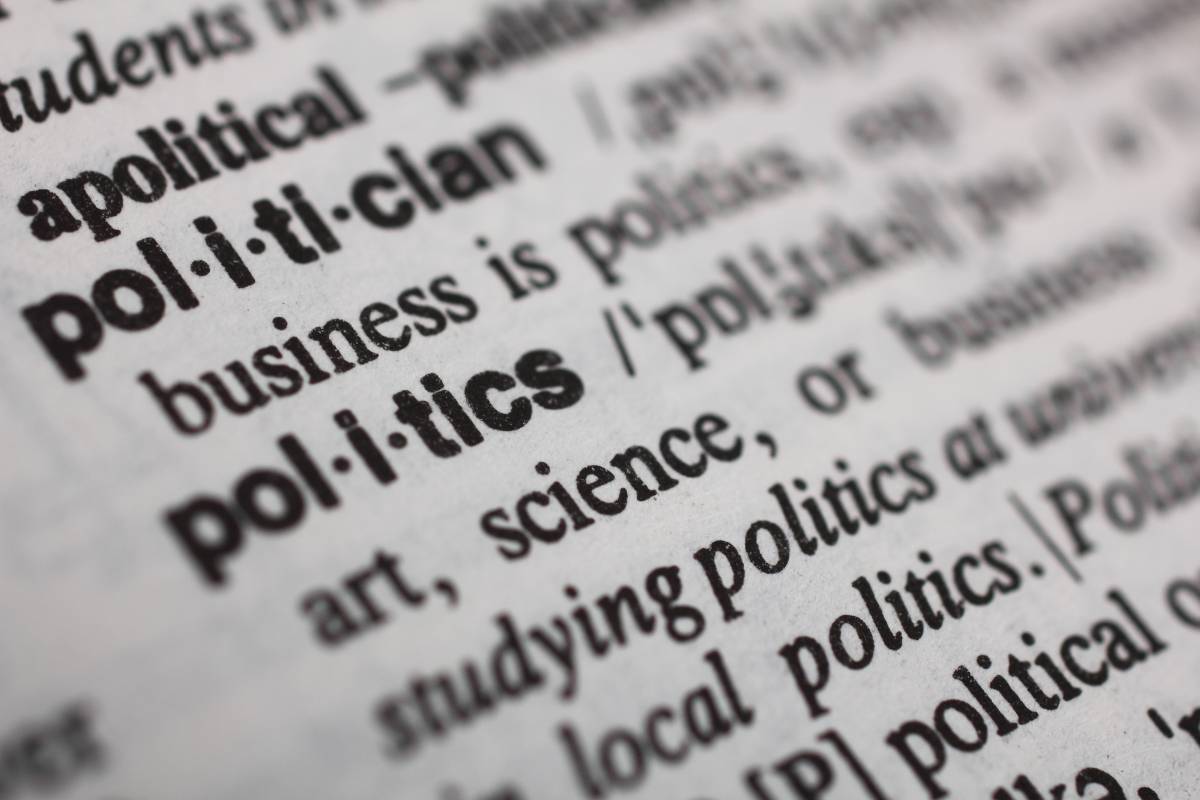


People often hear the term “communal politics” in political discourse. It is very important in shaping societies worldwide. But what exactly does it entail? Let’s embark on a journey to unravel the intricacies of communal politics, its origins, impact, and potential solutions.
Table of Contents
ToggleCommunal politics refers to a strategy. In it, leaders exploit religious or ethnic identities to get support. This often polarizes communities.
Communal politics has deep roots in history. Leaders have long used divisions among communities to gain power or advance agendas.
Communalism refers to a socio-political ideology where primacy is given to communal identity over individual identity. It often leads to division and conflict based on religious, ethnic, or cultural lines. It undermines societal unity by fostering distrust and antagonism among different groups within a community.
Communalism is promoting the interests of a religious or ethnic group over the collective good. It fosters division in society.
Communal politics comes in many forms. These range from religious fundamentalism to ethnic nationalism. Each poses unique challenges to harmony.
Communal politics date back centuries. Examples are found in ancient civilizations. Rulers exploited religious ties for political gain.
Communal politics has changed. It has adapted to new mediums and strategies in our current society.
Communal politics is propelled by various factors including religious, cultural, and socio-economic disparities. Politicians exploit these divisions to consolidate their power, manipulating sentiments for electoral gain. Historical grievances, lack of education, and identity politics further fuel this phenomenon, often leading to polarization and discord within societies.
Deep-seated socio-economic disparities often breed communal politics. Marginalized communities seek representation and empowerment.
Politicians use communal sentiments to get voters. They manipulate identities to win elections and build power.
Communal politics makes social problems worse. It creates rifts between communities. It hinders efforts for unity and progress.
Communities become divided by religion or ethnicity. This division fosters distrust and animosity. It blocks societal progress.
Communal politics manifests differently across regions, shaped by historical, cultural, and socioeconomic factors. In India, it often revolves around religious identities, influencing electoral dynamics and governance. In Bosnia and Herzegovina, it’s entwined with ethnic divisions stemming from the Yugoslav Wars. Each region’s unique context underscores the complexity of communal politics worldwide.
Communal politics crosses borders. It takes different forms on different continents. But, there are nuanced differences.
Each region faces unique challenges in communal politics. These are shaped by history, culture, and current events.
Communal politics often raises questions. They are about the ethics of leaders and the legality of policies that discriminate by identity.
Critics argue that communal politics undermines the principles of democracy and secularism, posing a threat to pluralistic societies.
Media and technology play a pivotal role in shaping narratives and disseminating information, which can either exacerbate or mitigate communal tensions.
While media platforms can amplify divisive rhetoric, they also offer avenues for promoting dialogue and understanding across communities.
Promoting Interfaith Dialogue
Initiatives aimed at fostering dialogue and cooperation among different religious groups are crucial in mitigating communal tensions and promoting social cohesion.
Implementing electoral reforms and ensuring inclusive governance can mitigate the influence of communal politics on decision-making processes.
Historical case studies offer insights into the consequences of communal politics, highlighting the long-term ramifications of divisive leadership.
Examining contemporary incidents sheds light on the evolving nature of communal politics and the challenges faced in addressing them.
Analyzing current trends provides clues to the future trajectory of communal politics, offering opportunities for proactive intervention.
Despite the challenges, there exist avenues for positive change through collective action and a commitment to fostering inclusive societies.
In conclusion, communal politics persists as a pervasive force, exerting far-reaching implications on societies across the globe. Its divisive nature often leads to discord and fragmentation within communities, hindering social progress and fostering animosity among various groups. However, despite its challenges, there remains hope for a future characterized by harmony and cooperation.
To achieve this vision, it is imperative that we delve deeply into the dynamics of communal politics, comprehensively understanding its underlying causes and mechanisms. By addressing the root issues that fuel communal tensions, such as economic disparities, cultural misunderstandings, and historical grievances, we can begin to dismantle the barriers that divide us.
Communal politics is often driven by socio-economic disparities, political opportunism, and historical grievances.
Communal politics makes social divisions worse. It also fosters polarization. It hinders efforts for unity and progress.
The media can repeat divisive talk. It can also keep stereotypes alive. This adds to raised communal tensions.
These initiatives are good. They are reducing the influence of communal politics.
People can help build understanding and empathy between communities. They can challenge divisive stories and support inclusive policies.

